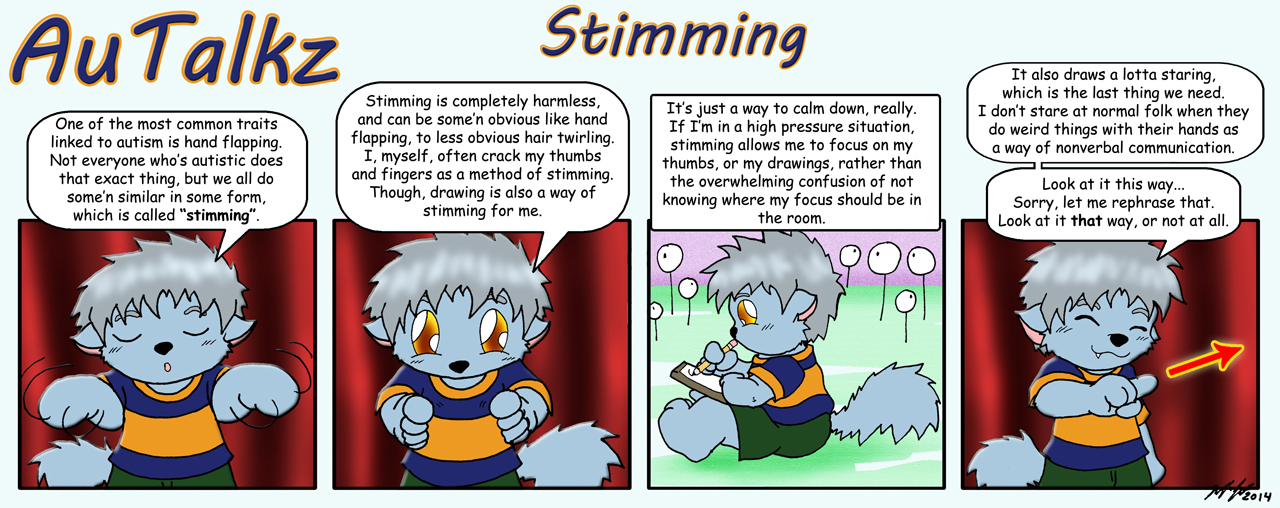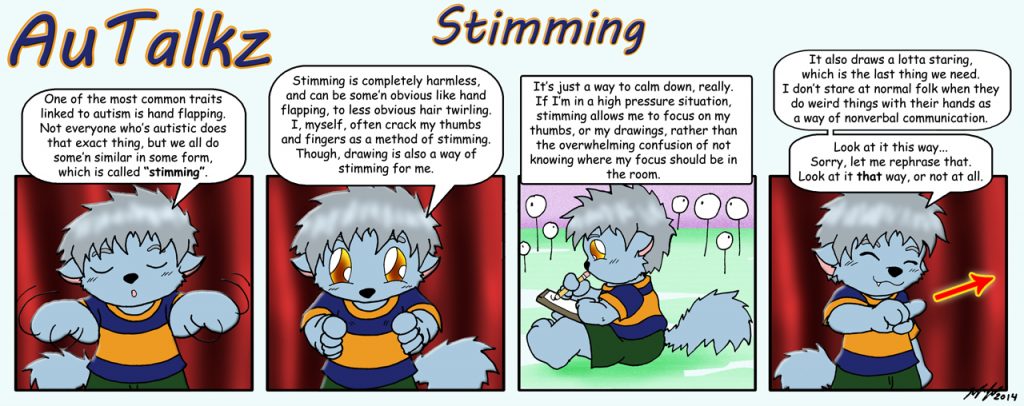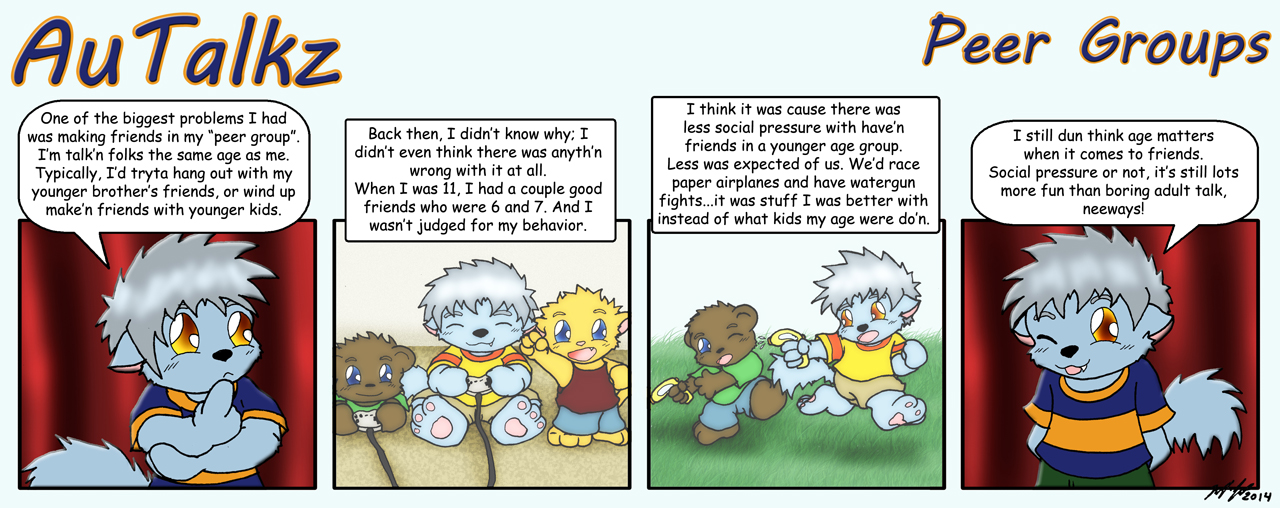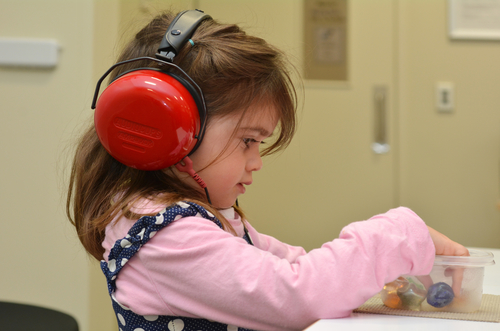Practical Solutions for College Success
2018-04-02
It’s that time of year! Colleges and universities across the U.S. are already preparing for the Summer/Fall term. At Marshall University, (and many colleges across the country), incoming freshmen arrive on campus several days before classes start to adapt to the campus community.
Acclimation to campus can be especially difficult for students diagnosed with Asperger’s Disorder. Taylor and Colvin, in their article “Universal Design: A Tool to Help College Students with Asperger’s Syndrome Engage on Campus” (2013) provide helpful suggestions to institutions of higher learning that could make the orientation for students with ASD more effective.
Marc Ellison, Ed.D. is a Licensed Professional Counselor (LPC) and an approved Licensed Professional supervisor (ALPS) who has worked nearly 30 years to provide person-centered support, services and advocacy to individuals who live with autism spectrum disorders, their families and those who support them. He has supported individuals with ASD throughout their lifespan, as they moved to the community from state-supported institutions, searched for and obtained employment, entered into relationships, and transitioned into college. Dr. Ellison is the Executive Director of the West Virginia Autism Training Center, and a part-time professor at Marshall University.











 Coping to Excelling DVD
Coping to Excelling DVD